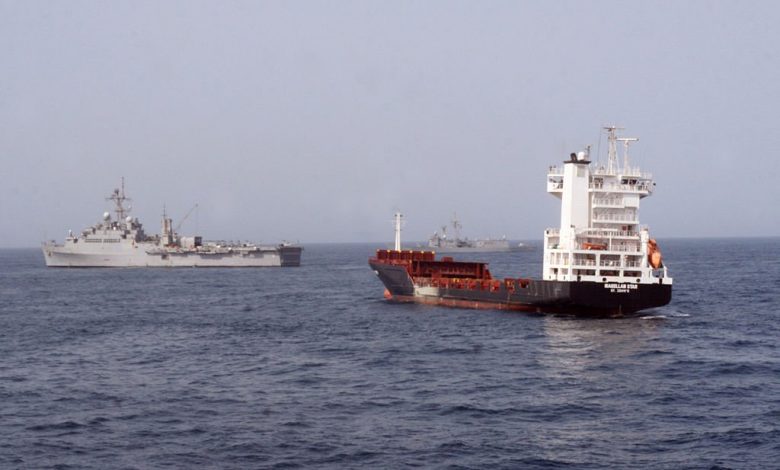Why aren’t authorities talking about piracy?

As a publisher, I have to admit that I love a bit of maritime piracy. Why? Because readers love to read about it. Any publisher that keeps their eye on Google analytics will tell you a good piracy story can bring hundreds, if not thousands, of visitors to their website.
As someone also in the maritime industry, I absolutely deplore piracy. Being based in Singapore since 2001, nothing makes me angrier than seeing vessels in this region attacked by pirates. Singapore is a first world nation, isn’t it? The world’s leading maritime centre? Surely piracy couldn’t occur this close to home?
Well, this isn’t exactly news, but Southeast Asia has been declared the new ‘hotspot’ for piracy by ReCAAP, with 183 incidents in 2014.
The maritime industry is crucial to Singapore, not to mention Malaysia, and President Jokowi’s new Indonesia. Additionally, we’re not only talking about piracy as a threat to the maritime industry, but by extension it is a threat to regional trade including that of oil, gas, whatever.
So what is being done about it?
In February we heard that Malaysia, Indonesia, Vietnam, Singapore and Thailand were discussing joint patrols. Yet, in May apparently this was still being discussed while pirates run rampant.
A quick look at the Maritime and Port Authority of Singapore (MPA) news page shows just one entry referencing piracy during 2015. “Singapore is pleased to have participated at the 9th ReCAAP ISC Governing Council Meeting held from 17-19 March 2015.
“Singapore takes a serious view on the increase in incidents of piracy and armed robbery against ships in Asia.”
That was in March, and sounds good of course, but since then the situation has become much worse. Everyone in shipping is talking about Southeast Asian piracy at the moment, so why isn’t the government talking about it then? Why isn’t anyone coming out and telling us what they are doing to help the situation?
I put the question to MPA ceo, Andrew Tan, via Twitter where he’s very active, asking for “comment on the current piracy situation in the region and possible action plan.”
Tan said: “Already said what I need to say previously which hasn’t changed, that is tackling the sea robberies and fuel siphoning incidents in region will require strong cooperation between regional countries. On the part of Singapore, we have beefed up our security presence in our waters/area of operations and will continue to work with our neighbours to tackle the threat.”
I put the same question to Minister of Transport, Lui Tuck Yew, who appears at most maritime events in Singapore. He must be concerned, right? I wrote to his press people, asking for comment, and efforts the MOT will make to protect vessels in the area, and unfortunately not received a reply.
Perhaps the chief of Malaysia’s Navy, Abdul Aziz Jaafar, might answer me. He’s acting rather triumphant since the Orkim Harmony was saved and the hijackers apprehended (by Vietnamese authorities, I should add, after Malaysia’s navy saw them slip away into the night). He was tweeting everyone about his success over the weekend, surely he’ll be happy to respond.
“Can you comment on the rise of piracy in the region and what the Malaysian Navy will be doing about it in future?”
Nope, no reply. Seems that the issue needs to be discussed further and then perhaps more appropriate action will be taken.
Maybe this article can start that process.

One of the best articles I’ve read in a long time. The boy Rowles knows his onions